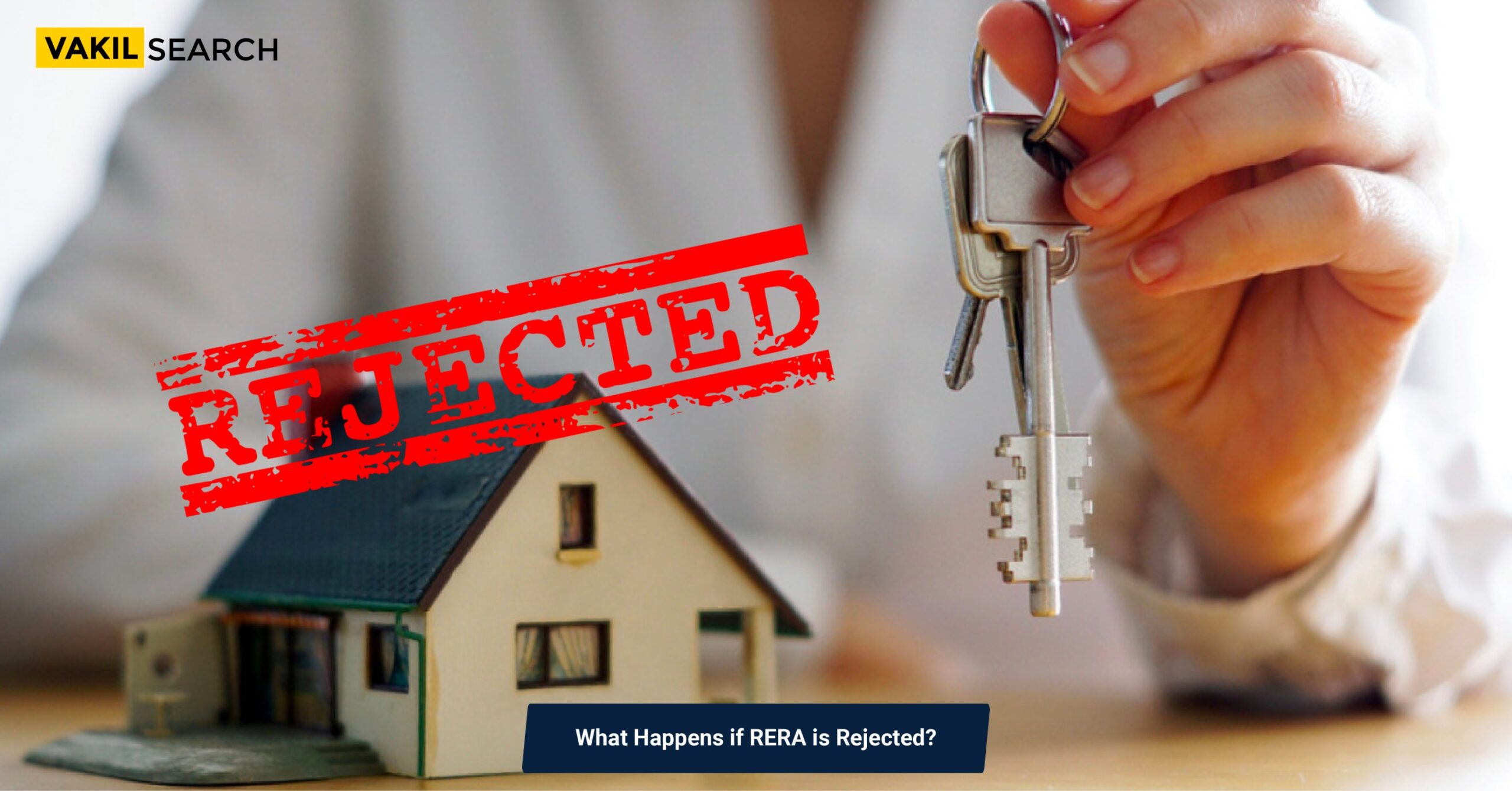Discover the implications of a rejected RERA application. Learn about the next steps, implications for developers, and protections for homebuyers.
Introduction
The Real Estate (Regulation and Development) Act, commonly known as RERA, is a significant regulatory framework designed to protect the interests of homebuyers and promote transparency in the real estate sector. When you decide to invest in a property, it’s crucial to understand how RERA affects you and what happens if your RERA application is rejected.
In this blog post, we’ll walk you through the implications and provide clear answers to your questions.
Understanding RERA
RERA was enacted to bring accountability, transparency, and efficiency into the real estate market. It mandates that developers register their projects with the regulatory authority before advertising or selling them.
Consequences of RERA Application Rejection
Delay in Project Launch: When a developer’s RERA application is rejected, it can lead to delays in launching the project. This delay can result in financial losses, especially if the developer has already invested substantial resources.
Loss of Buyer Confidence: Homebuyers often rely on RERA registration as a sign of transparency and credibility. A rejected application can erode buyer confidence, leading potential customers to explore other options.
Legal Consequences: Developers who fail to register under RERA or have their applications rejected may face legal consequences. Non-compliance can result in penalties and legal actions.
Steps to Take if Your RERA Application is Rejected
If your RERA application faces rejection, here are the steps you should consider:
Review the Rejection Notice: Carefully review the rejection notice provided by the regulatory authority. Understand the specific reasons for the rejection.
Address the Issues: Once you identify the reasons for rejection, take proactive steps to address them. This may involve correcting discrepancies, providing missing documents, or rectifying any non-compliance issues.
Re-apply for RERA Registration: After resolving the issues, you can reapply for RERA registration. Ensure that your application is complete and complies with all the statutory requirements.
Seek Legal Advice: If you encounter complex legal issues or face challenges in resolving the rejection, it’s advisable to seek legal counsel. A legal expert from Vakilsearch can guide you through the process and help you navigate any legal implications.
Implications for Homebuyers
As a homebuyer, it’s essential to be aware of the implications of a rejected RERA application for a project you’re interested in:
Lack of Transparency: A rejected RERA application can raise questions about the project’s transparency. Buyers should be hesitant to invest in a project that doesn’t have the stamp of approval from the regulatory authority.
Risk Assessment: When a project’s RERA application is rejected, it’s a red flag. Buyers should conduct thorough due diligence, including checking for any legal disputes or issues associated with the project.
Potential Delays: Rejection of a project’s RERA application can lead to delays in project completion. Buyers should factor in the possibility of delays when making their investment decisions.
Conclusion
Understanding the consequences of a rejected RERA application with Vakilsearch is crucial for both developers and homebuyers. Developers must ensure compliance with all requirements to avoid rejection, while homebuyers should exercise caution and conduct thorough research before investing in a project that has faced RERA rejection.
Frequently Asked Question
What are 'ongoing projects,' and do they need to be registered under the RERA Act, 2016?
Ongoing projects are those pending or underway at the Act's commencement without a completion certificate. Such projects must be registered within three months of the Act's commencement.
Who is exempt from registering projects under the RERA Act, 2016?
Projects do not need registration if the land area is under 500 sq. meters or the number of units does not exceed eight, or if a completion certificate was obtained before the Act's commencement, or for renovation or repair projects without new allotments.
What is the time period for granting registration?
The Authority must grant or reject registration within 30 days of receiving an application. If no action is taken within 30 days, it's deemed approved, and the Authority must provide the registration number within 7 days.
Can the promoter extend the registration to complete the project?
Yes, the Authority can extend registration for up to one year due to force majeure, subject to prescribed fees.
Can the Authority revoke the registration once granted?
Yes, the Authority can revoke registration for various reasons, including promoter defaults, violations, unfair trade practices, or fraudulent activities.
What constitutes an unfair trade practice under the Act?
Unfair trade practices include making false statements, misrepresenting approvals, or advertising services not intended to be offered.
What are the promoter's obligations at the time of booking and issuance of allotment letters to home-buyers?
Promoters must provide sanctioned plans, layout plans, and completion schedules at the time of booking or allotment.
Is it compulsory for the promoter to mention the registration number on advertisements or prospectuses?
Yes, the promoter must mention the Authority's website address, registration number, and other details in advertisements or prospectuses.
What are the responsibilities of promoters?
Promoters are responsible for various obligations, including providing essential services, forming associations, executing conveyance deeds, and not creating third-party interests after sale agreements.
What norms are laid down by RERA for advertising and promoting real estate projects?
RERA guidelines ensure that what is shown in prospectuses or model apartments must match the final product to avoid misleading buyers.
Is it necessary for the promoter to register the agreement of sale before accepting the advance amount?
Yes, the promoter must have a registered sale agreement in place before accepting an advance payment.
Can the promoter modify/amend sanctioned plans or project specifications after approval?
Minor modifications are allowed after approval, but major ones require written approval from two-thirds of allottees.
Read more:-










